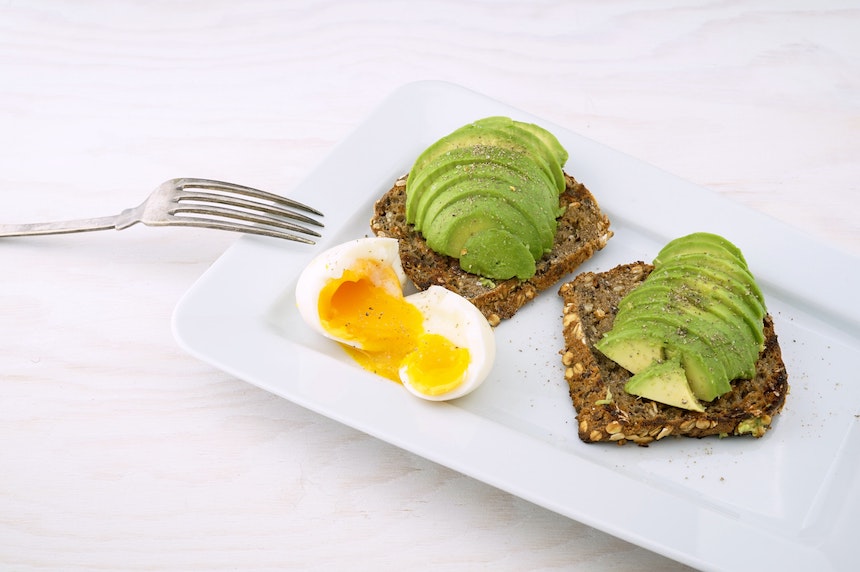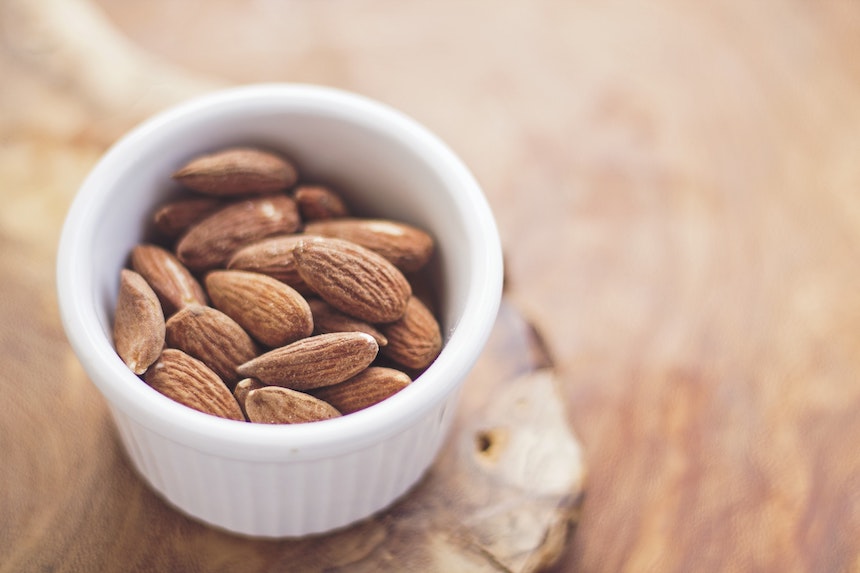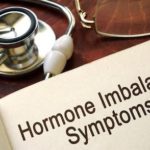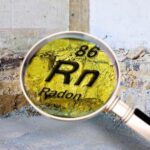
Hormonal imbalance can happen to anyone, anytime. Women especially are prone to such shifts in hormones in periods of physical change, such as pregnancy or menopause. Having too much or too little of one hormone is never a good thing, and it can impose severe consequences on your health and wellbeing.
Some of the Signs and Symptoms of Hormonal Imbalance Include:
- excessive sweating
- weight gain
- hair loss
- decreased sex drive
- persistent acne
- loss of muscular mass
- extreme fatigue
- digestive problems
- depression
- anxiety
Like everything else when it comes to health, hormonal balance is linked with what you eat. And that’s where healthy fats come in, as one of the key ingredients for setting your hormones in order. Let’s see why they are important and how you can add them to your diet.
Why Fats?
When we’re talking about a healthy diet, we’re usually putting an emphasis on protein. Okay, proteins are dubbed “the building blocks of life,” yes, but we don’t operate solely on protein.
Fats are also vital building blocks because they surround cells in the form of membranes and act as “border patrol.” They’re responsible for allowing hormones to enter your cells and maintaining their optimal amount.
Strong cell walls will keep the hormones in check, particularly the thyroid hormones. If they’re not allowed into your cells, they can’t perform their duty, which leaves you with sluggish metabolism and weight gain.
But What About Cholesterol?
There are, of course, unhealthy fats, which you want to stay away from, but more on that later. Cholesterol is not one of the bad guys. On the contrary, your body needs it to generate hormones, and it’s an integral part of the cell membranes.
If this was not the case, would cholesterol be the main ingredient of human breastmilk?
Does Eating Fat Make You Fat?

So many weight-loss diets preach a world without fat. They demonize this nutrient as the main culprit for gaining weight and being unhealthy. That’s how we came to one of the wildest dietary myths of our age: that the fat you eat becomes the fat on your body. And that’s just plain silly.
One study showed that getting 40% of your total daily calories from fat has little or no influence on your weight. Sugar and carbohydrates carry more responsibility for that.
Why Is Avoiding Fat Bad for You?
A low-fat diet contributes to hormonal imbalance for the reasons we’ve mentioned above. Besides, research has linked eating insufficient fat with an increased risk of infertility. A study examining the relationship between dairy food and infertility links high consumption of low-fat dairy to infertility. High-fat dairy foods, on the other hand, demonstrated a positive impact on fertility.
According to the dietary recommendations by the USDA, up to 35% of calories should come from fat. The role of fat is to provide growth and development, energy, vitamin absorption, organ protection, and to maintain cell membranes. When there isn’t enough of it, these roles are left unfulfilled to various extent.
Who Are the “Good Guys” and Who Are the “Bad Ones”?

Unhealthy fats, particularly trans fats, are the ones responsible for most of the bad rap that follows fats around. While trans fats (partially hydrogenated vegetable oils), found in processed foods, fried foods, margarine, and baked goods, should be avoided altogether, saturated fats can be consumed sparingly. Saturated fats come from animals, and they are mostly found in dairy products and high-fat meats. Some of the best sources are dark chicken meats and fatty cuts of pork, beef, and lamb.
Monounsaturated and polyunsaturated fats are considered good choices for your diet. Monosaturated fats are present in different foods and oils, such as nuts, avocado, peanut butter, and vegetable oils. Polyunsaturated fats can be found in plant-based oils and vegetables. Ingredients rich in polyunsaturated fats also provide us with omega-6 and omega-3 fatty acids, which are essential for heart health. They can be found in fatty fish (e.g., tuna and salmon), flaxseed, canola oil, and walnuts.
How Can You Add Good Fats to Your Diet?
The restrictive diets we’ve mentioned earlier often exclude fat, but there are those who specifically target this macronutrient as an imperative for wellbeing.
For example, the Paleo diet is high in healthy fats, which makes it sustainable over long periods. Unlike those diets which focus on specific goals like weight loss or muscle gain, Paleo promotes hormonal balance and overall wellbeing.
If you don’t like to stick to strict diet plans, you can simply try to include in your meals and snacks more of the healthy fat sources we’ve mentioned. In this case, consider that fats should make up about 35% of your total calorie intake.
Need to Boost Estrogen?
When it comes to hormonal imbalance, women most frequently have trouble with estrogen, a vital hormone that regulates metabolism and the reproductive system. A drop in estrogen levels can put you at risk of osteoporosis, cardiovascular disease, and weight gain.
If you’re looking for foods to boost your estrogen levels, look no further than flaxseeds, nuts, pumpkin seeds, avocado, olive oil, and fatty fish.
Final Word

Impaired hormone levels really shake up your health and mess with your entire system. Symptoms such as excessive sweating and digestive issues may not look severe at first glance, but the long-term consequences are definitely worrisome.
Rigid diets which ask you to give up entirely on one macronutrient can only disrupt your hormone levels. Keep on doing research – you might discover even more interesting facts about the “good guy” fat.






